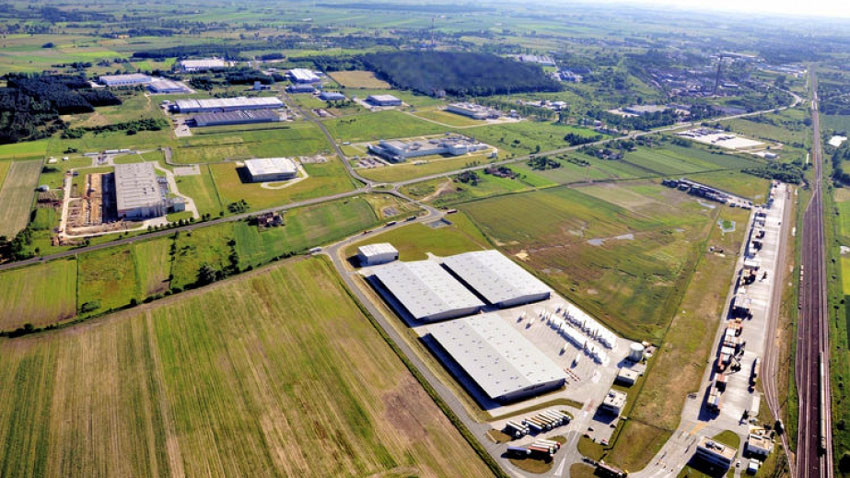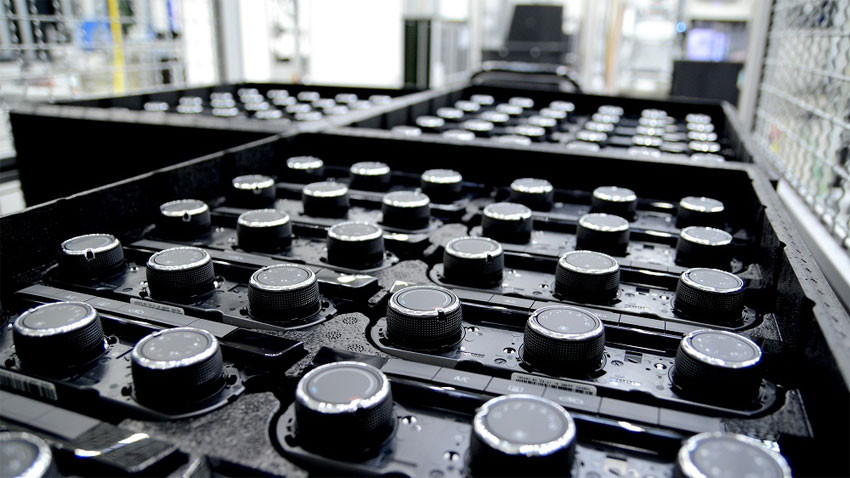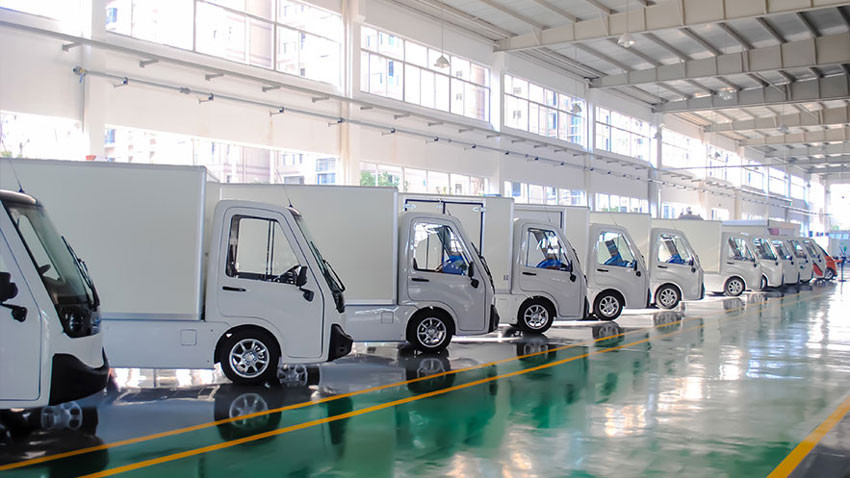
The man in the street is not happy, and how that compares to global objectives: is there a light at the end of the tunnel?
The end of the year is always a time to look back at the last 12 months. Our own, personal review of the past year may be subjective, not so when it comes to the economy, where the assessment tools are facts and figures.
Civil discontent surged in Bulgaria at the end of the year, with protests against high fuel prices and the rise in the cost of living in general. The demands for a higher standard of living, higher salaries and pensions, though justified, would be impossible to meet by businesses or the state at this point. The results for state-owned companies over the first nine months of the year, are far from sterling, Ministry of Economy data show. Major state-run enterprises like Bulgarian State Railways, Bulgarian Posts, the National Electrical Company and Maritsa-Iztok 2 thermal power plant have been gobbling up public funds, yet are forever losing money. Still, there are some good examples to be found in the state sector, such as Kozloduy nuclear power plant, the aviation business, and more specifically air traffic control and Sofia airport.

The financial results and the relatively low productivity in Bulgaria compared to the more advanced European countries are a hindrance to a more tangible wage raise, and that is where the civil discontent is rooted. A Sova Harris social survey published in October shows that 23 percent of Bulgarians of working age intend to seek employment abroad. The principal motive – the higher pay, with runner-up job security – a better social system and health insurance in the other European countries.
Foreign direct investments play an important role in the modernization of Bulgaria’s economy. According to Bulgarian National Bank data, over the first nine months of 2018, FDI amounted to 826.4 million euro. Yet the Bulgarian Industrial Association says that foreign direct investments in Bulgaria are down, and that 2018 may be the first year in which they drop below 1 percent of the Gross Domestic Product (GDP). If we make a comparison with 2007, the first year of Bulgaria’s EU membership, we shall see that back then, these investments accounted for 25 percent of the country’s GDP. The causes are to be found in the shortage of skilled staff, the flawed infrastructure, the lumbering legal system, the ineffective administrative services and the widespread corruption.
Yet some economists say that though investments are few and far between, they are more sustainable, and, in the long term, more important to the development of the country. Whereas cash flows in 2007 were targeted mainly at real estate and financial intermediation, in 2018 they go towards industrial production, which goes to show what the strategic interests of foreign investors are. Money is invested in expanding existing productions, building new factories and research and development centres, with many examples in this respect.

At the end of November Minister of Economy Emil Karanikolov announced that 23 projects, amounting to a total of 800 million Leva, which will create over 2,000 new jobs in the country, have been certified in 2018 under the Investment Promotion Act. Three priority investment certificates under the Act were also issued – to the German Behr-Hella Thermocontrol, the Bulgarian IT company Accedia and to Turbo Garant. Investments under the projects amount to over 36 million Leva, and are expected to generate close to 400 jobs. There are more examples of serious investment intentions in Bulgaria, such as the Turkish Оdelo Farba Lighting Group, which plans to invest 37 million euro in a car lights factory near Plovdiv, or the new Coca Cola development centre in Sofia, the second largest after the one in Atlanta, USA. With its 130 jobs, this structure is considered key to the company’s digital restructuring.

More could be added to the list of investments and developments during the outgoing year, showing that the country is moving in the right direction. New jobs for skilled staff are being created and this just might prompt some of the Bulgarian emigrants to rethink their life choices and return to the country, or the 23 percent contemplating leaving the country to change their minds, something that will give the economy a boost. So, there is light at the end of the tunnel, albeit slowly, the economy of Bulgaria is moving forward.
English: Milena Daynova
Photos: economic.bg, cio.bg, bhtc.com and cenntroauto.comThe growth of the national economy in the second quarter of 2025 accelerated by 3.5% on an annual basis. According to an analysis by the Bulgarian National Bank - BNB, the main factors for the acceleration are the decrease in imports..
For the first time, Bulgaria’s Minister of Finance Temenuzhka Petkova took part as an observer in the regular meeting of the Eurogroup held in Luxembourg, the Ministry of Finance said. Until now, Bulgaria has only participated in Eurogroup..
Since the beginning of the current year, Bulgaria has experienced record heat waves, a series of devastating fires, and a new disaster just days ago – catastrophic floods that claimed human lives . Climate change already has its price – and it is..

+359 2 9336 661
